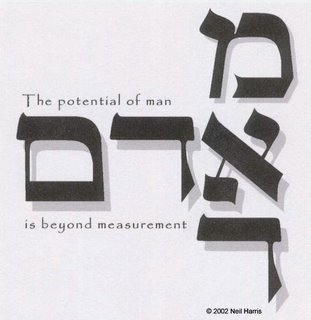Last night, I helped a friend put up the frame for his sukkah and then he, in turn, help me put up my sukkah frame as well. Thing went well for the first 15 minutes of me helping my friend, but then chaos occurred. In a freak accident involving myself, a nut, a bolt, and a power tool my glasses were knocked of my face and one of my lenses flew in one direction, while my glasses frames went in another direction and part of my frame broke.
Now, don’t get me wrong, I’m a big fan of Mitzvah Goreret Mitzvah (and I’m not talking about the Piamenta tune, which, BTW is awesome), but as was picking up the pieces of my glasses I started wondering where this was headed. Every day I daven that Hashem shows me the tov in everything. I figured that I’d help my friend and then he’d help me and that would be the end result of our involvement in terms of Mitzvah Goreret Mitzvah (Pirkei Avos 4:2). Having my glasses broken was not part of the deal.
Needless to say, without my glasses I can really only see 12 inches in front of me and it took a bit longer that estimated to put his sukkah frame together. I really had trouble seeing. I began to really appreciate the gift of sight. It was much harder that I thought it would be go without my glasses, even for an hour. I thought about birchas hashachar and the bracha of “Pokai’ach Ivrim”,
Who give sight to the blind. This bracha has new meaning for me.
After putting my friends’ sukkah frame together, we headed over to my place. My wife dug up an old pair of glasses (at least 10 years old and really not so hip) and we put together my sukkah frame. B”H, thanks to my friend, it went up pretty fast. After a few hours of searching I found a “newer” old pair of glasses I was ready for the next day.
During work, Mrs. Uberdox took my broken glasses to a local Shomer Shabbos optometrist. At lunch time my stoppedtoped by work to see me. She surprised me with my repaired and good as new glasses. When I asked her how much it cost, her reply was, “The optometrist was a real mensch. He repaired them on the spot and didn’t charge me anything.”
“One mitzvah leads to another mitzvah”, in this case it has nothing to do with my friend and I helping with each others’ sukkahs. It had everything to do with the chessed and menshlikeit that this optometrist did for me and what I, in turn, will do for someone else when the opportunity presents itself.
Blessed are You, Hashem, our God, King of the universe, Who give sight to the blind.






